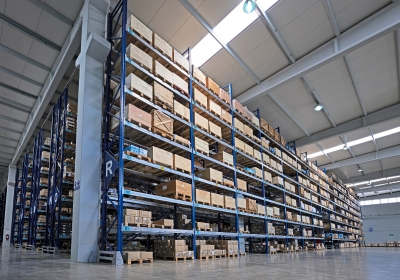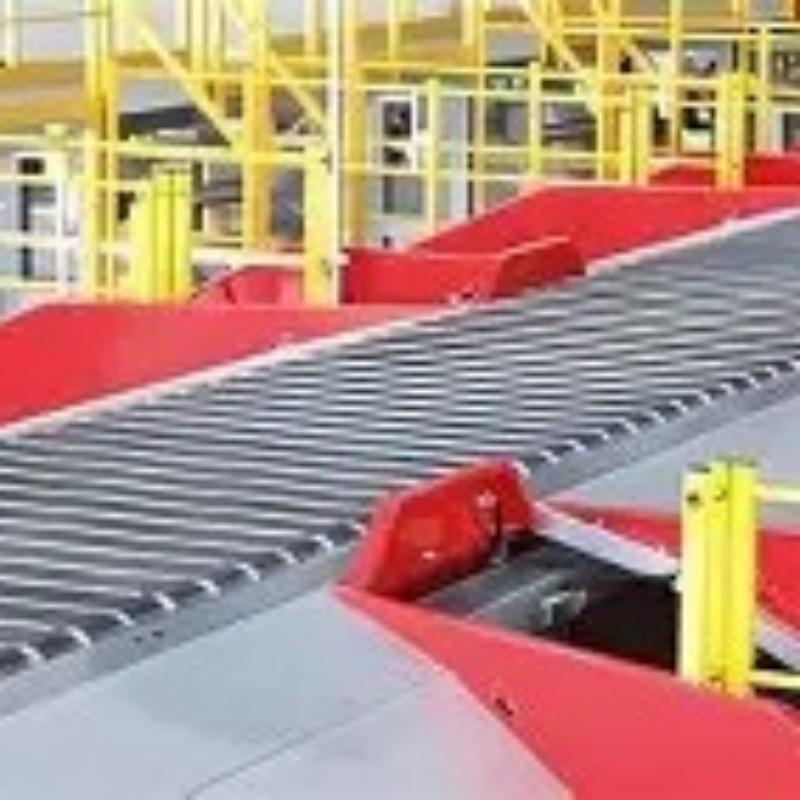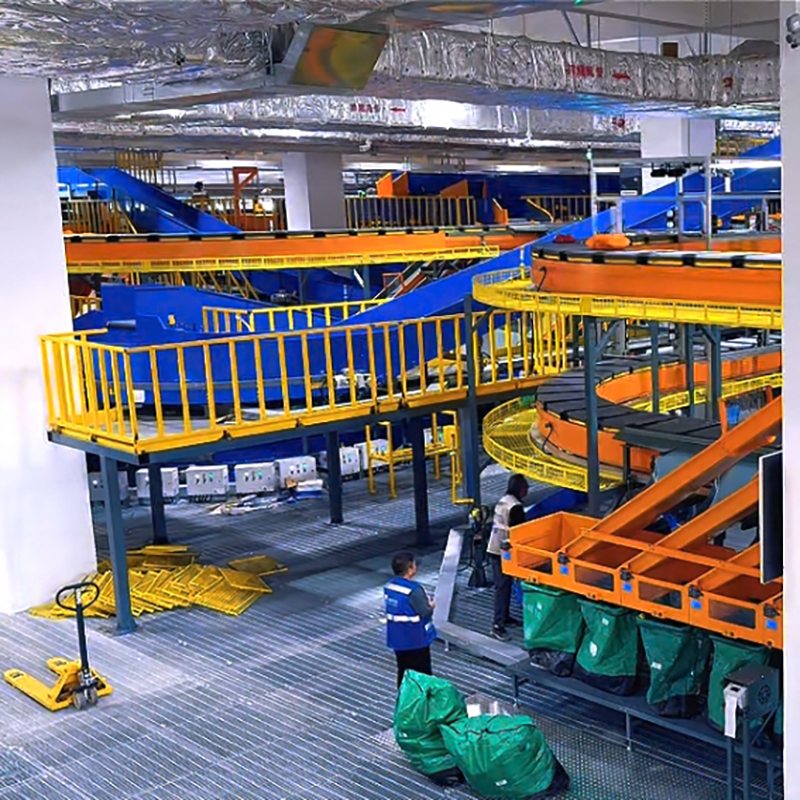In recent years, the logistics industry has been experiencing a rapid transformation driven by technology and automation. E-commerce growth, same-day delivery expectations, and global supply chain complexities are pushing companies to rethink traditional operations.
Automated solutions such as **narrow belt sorters, cross-belt sorters, and DWS (dimensioning, weighing, scanning) systems** are no longer optional – they are becoming industry standards. These systems improve throughput, reduce labor dependency, and increase accuracy in parcel handling.
One of the key benefits is **scalability**. Automation allows logistics providers to manage peak seasons efficiently without compromising service levels. Furthermore, data integration from automated systems provides real-time visibility, helping companies optimize decision-making.
Looking forward, we can expect **AI-powered predictive analytics, robotics integration, and greener automation solutions** to further reshape logistics. Companies that adopt these technologies early will gain a significant competitive advantage in speed, cost efficiency, and customer satisfaction.




